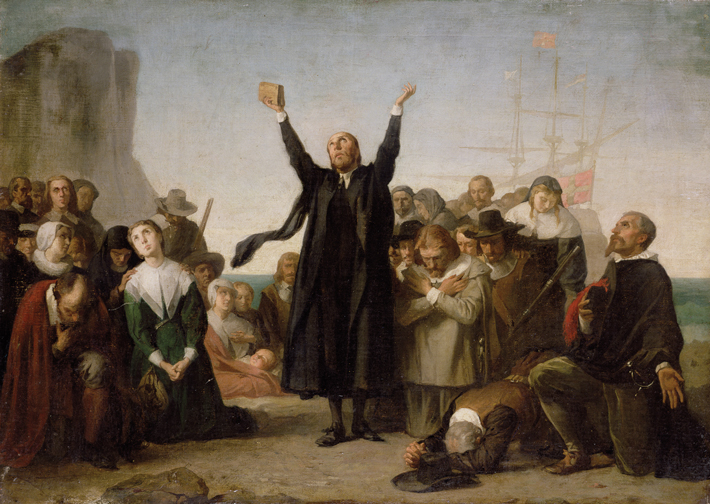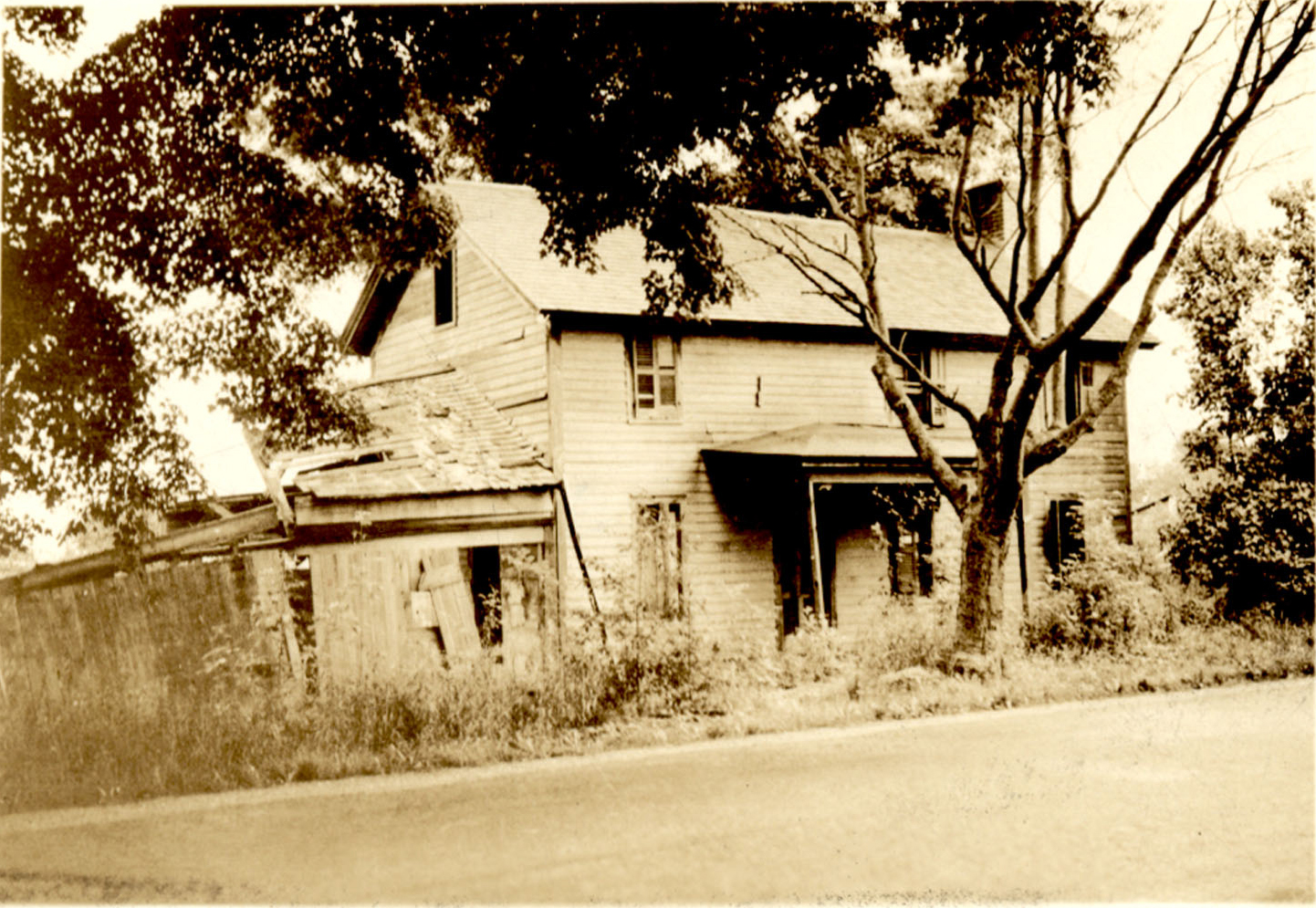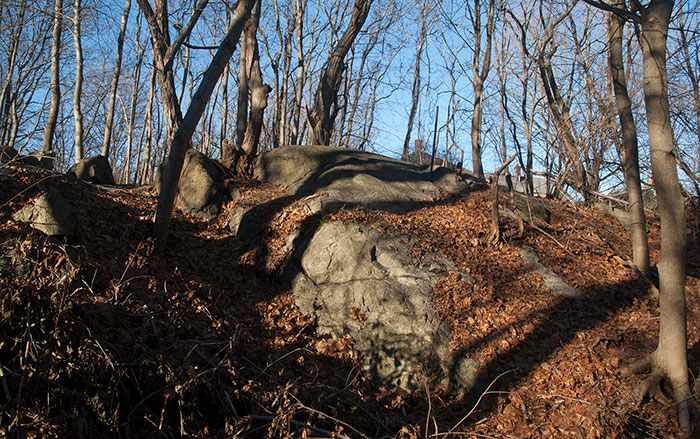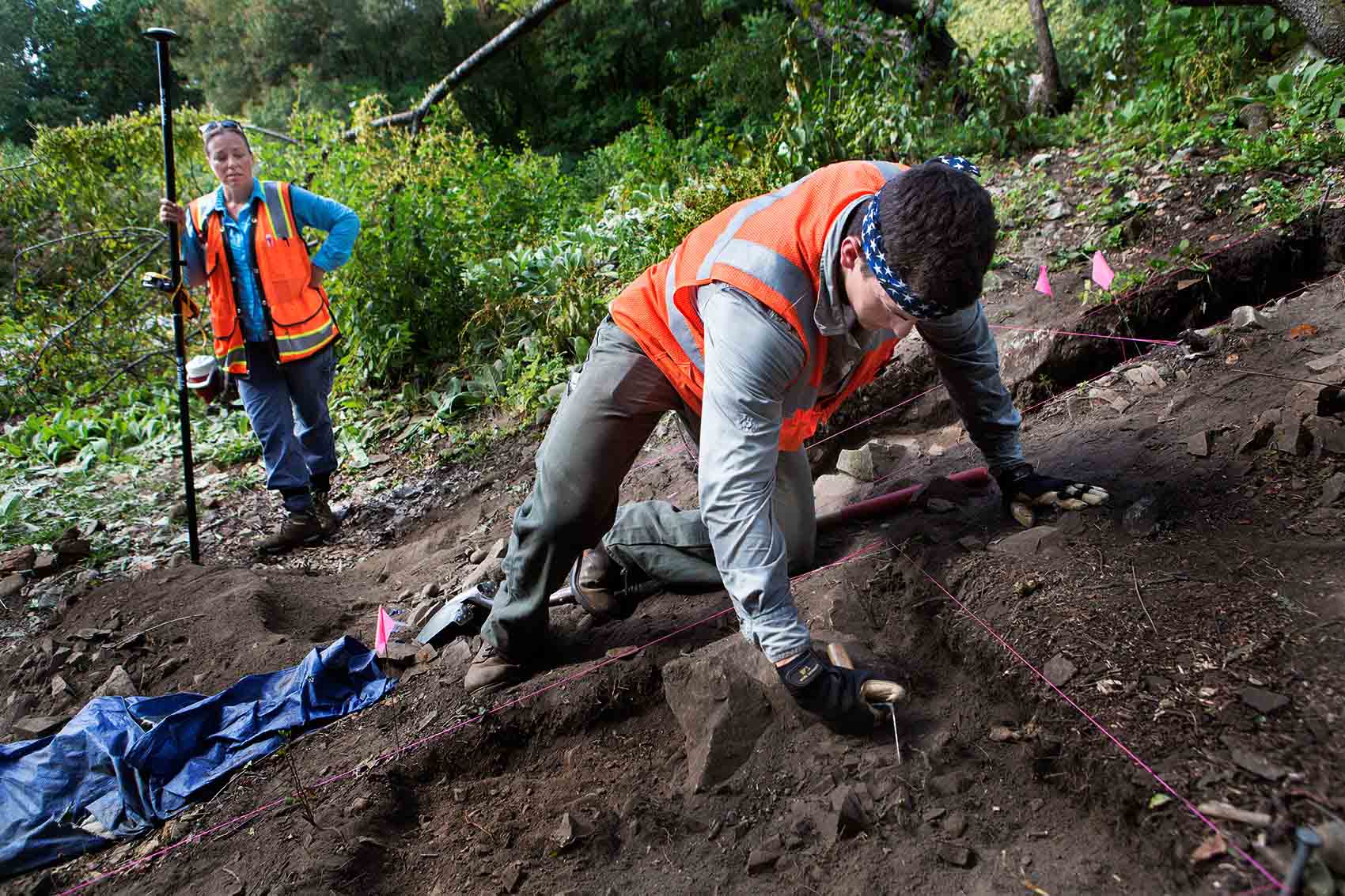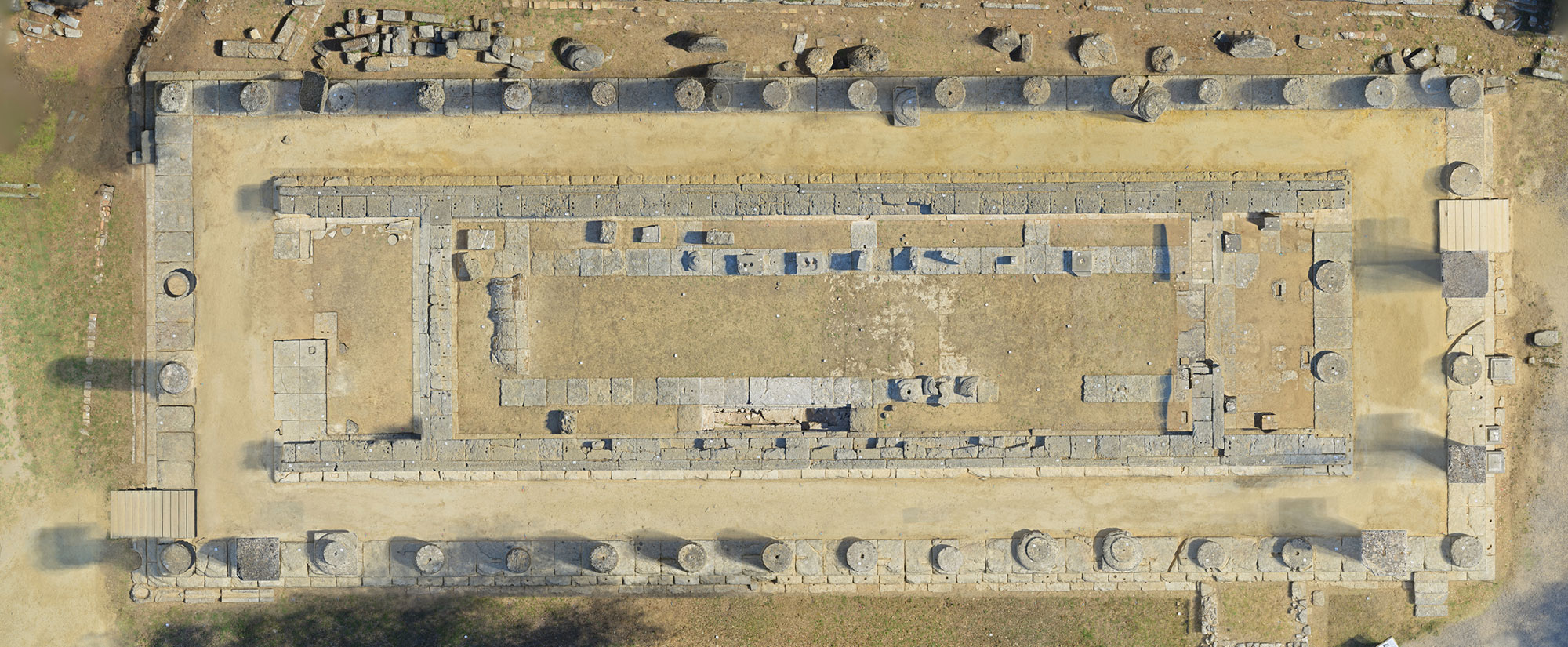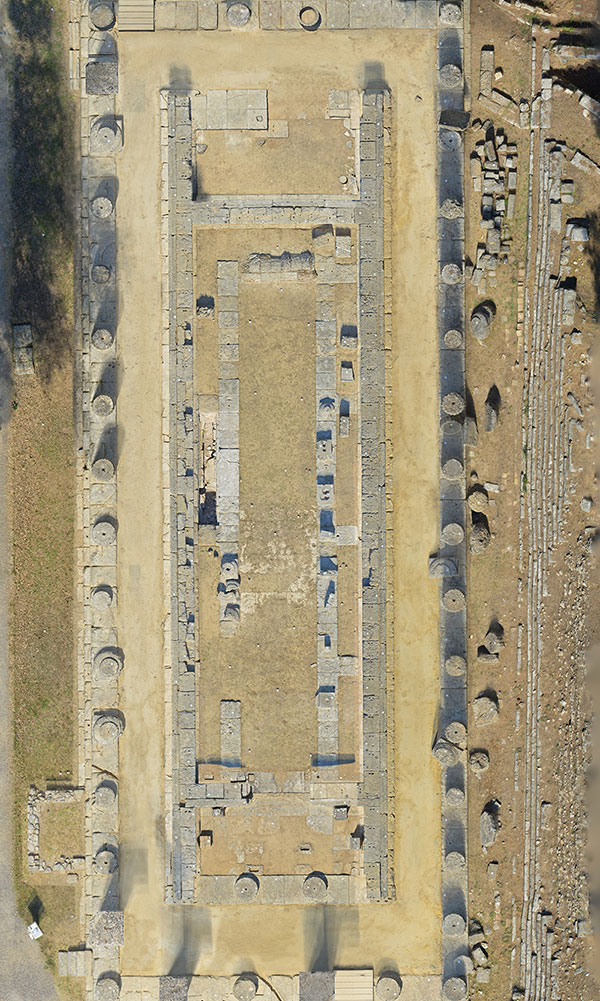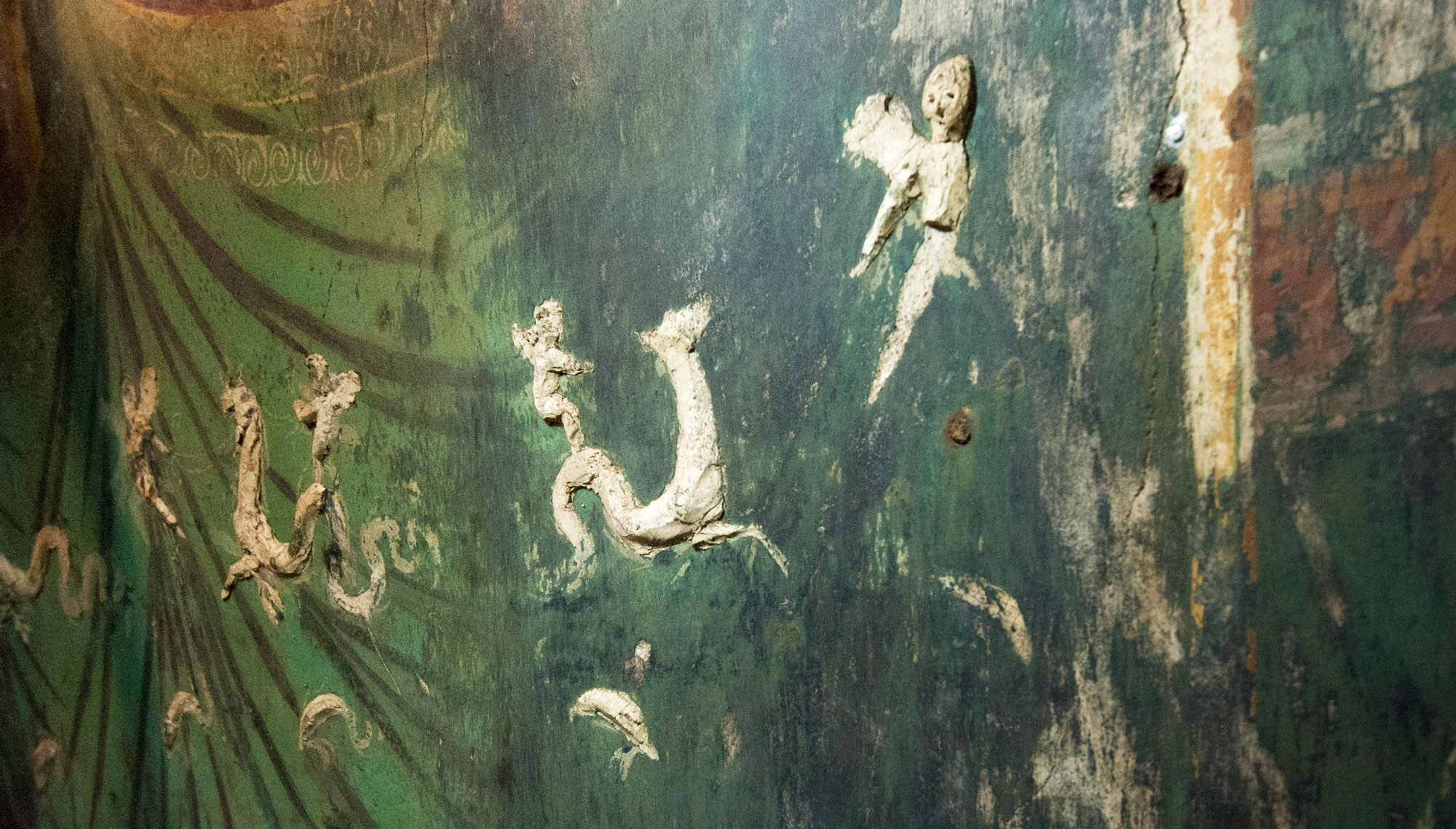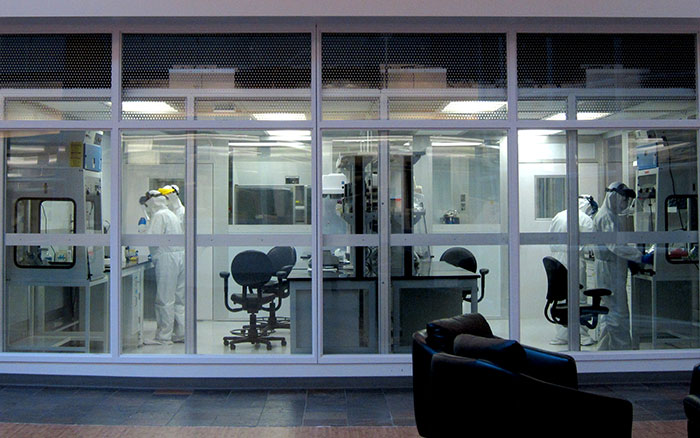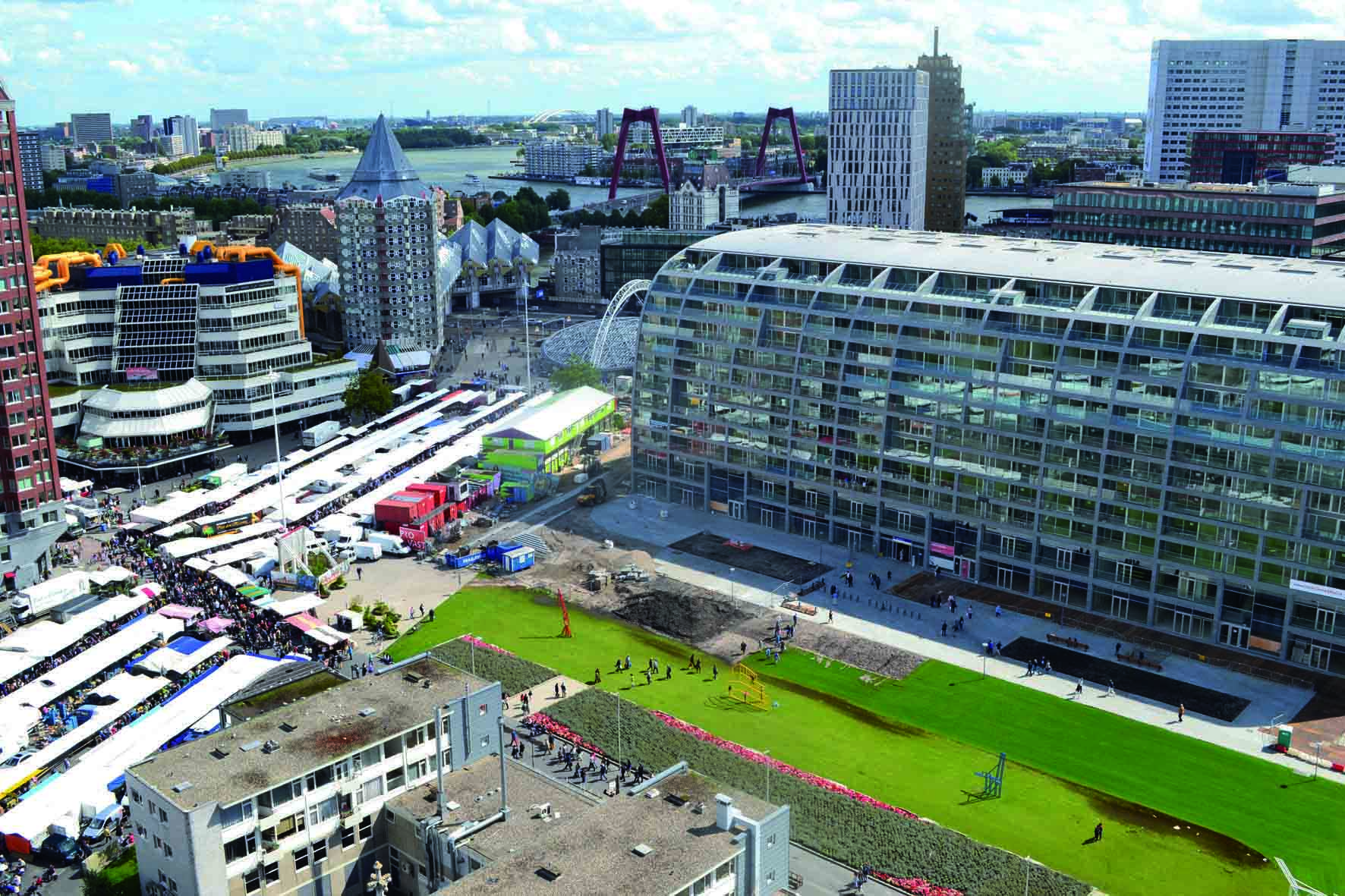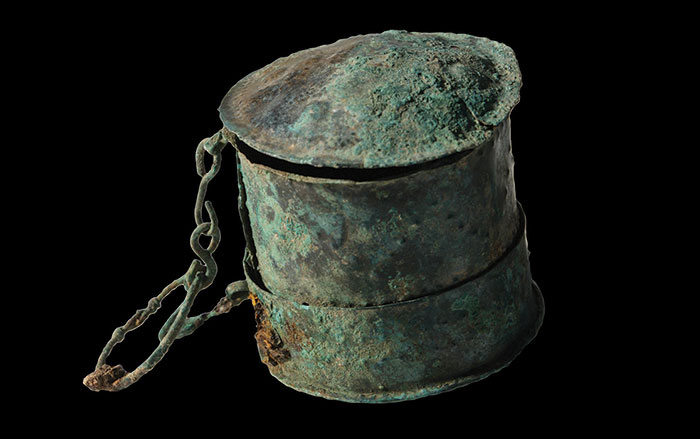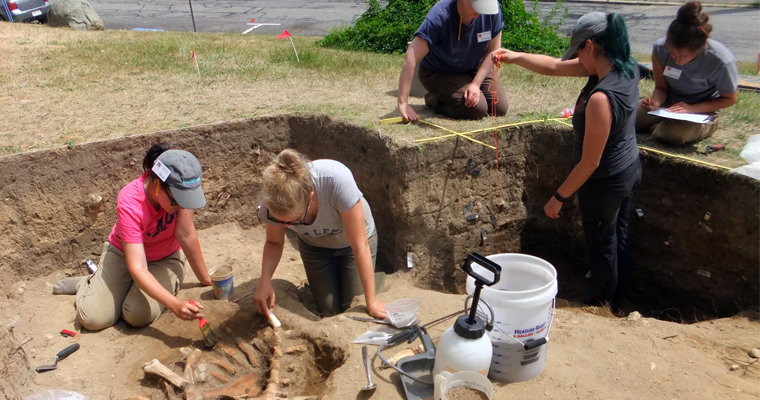
BOSTON, MASSACHUSETTS—Archaeologists have uncovered what they believe is part of the original settlement of the Pilgrims who arrived at Plymouth in 1620, The Boston Globe reports. A team from the University of Massachusetts Boston excavated a seventeenth-century trash pit at Burial Hill, the location of a cemetery dating back hundreds of years. The site had long been thought to be part of the Pilgrims’ first settlement, but archaeological work had been delayed due to concerns that it would disturb graves. Taking care not to do so, the team found discolored soil indicative of a post hole, and calf’s bones under a layer of discarded items dating to before 1650. The Pilgrims raised domesticated cattle, while Native Americans in the area did not, so the findings suggest the remains were part of the original settlement. “People have never found part of the seventeenth-century settlement in downtown Plymouth,” said David Landon, a University of Massachusetts Boston archaeologist who led the dig. “For the first time, we found part of the built environment.” The team also found a stone-tool workshop, pottery, and other artifacts indicating that Native Americans used Burial Hill before the Pilgrims’ arrival. For more on the archaeology of colonial America, go to “Jamestown’s VIPs.”


